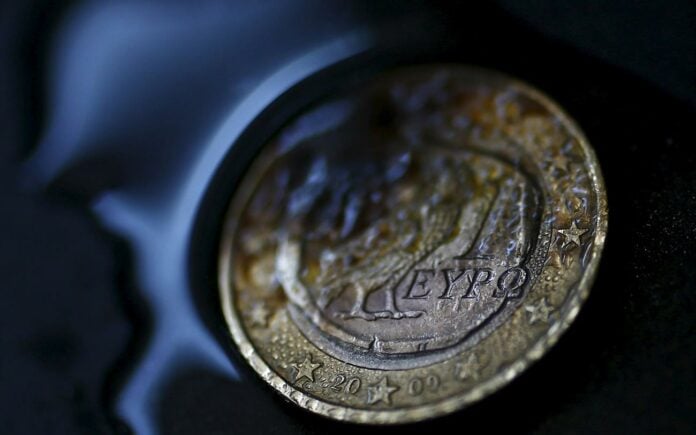Outstanding private sector debts in Greece have exceeded the symbolic “threshold” of 200 billion euros, roughly 113 percent of GDP.
All types of non-performing bank loans – commercial borrowing, mortgages, consumer loans – along with debts to the tax bureau and social security funds, continued to climb in 2015 in the recession-battered country.
The Olympus-sized “mountain of debt” is an increasingly worrying obstacle on the path of returning the Greek economy to growth.
Pressure on borrowers to catch up on obligations is expected to increase with the pending review of the so-called “Greek program”, i.e. the Greek state’s commitment to achieve fiscal targets and reforms agreed to with institutional creditors.
Even ahead of the review, a handful of decisions have pressed the need to decrease the NPLs pool, such as lifting a moratorium on home foreclosures and subsequent auctions, determining the value of properties based on market estimates, reducing the ceiling on the amount of bank deposits that can be seized and maintaining a 100-payment scheme to repay the tax bureau and funds.
According to reports, more measures are pending.














